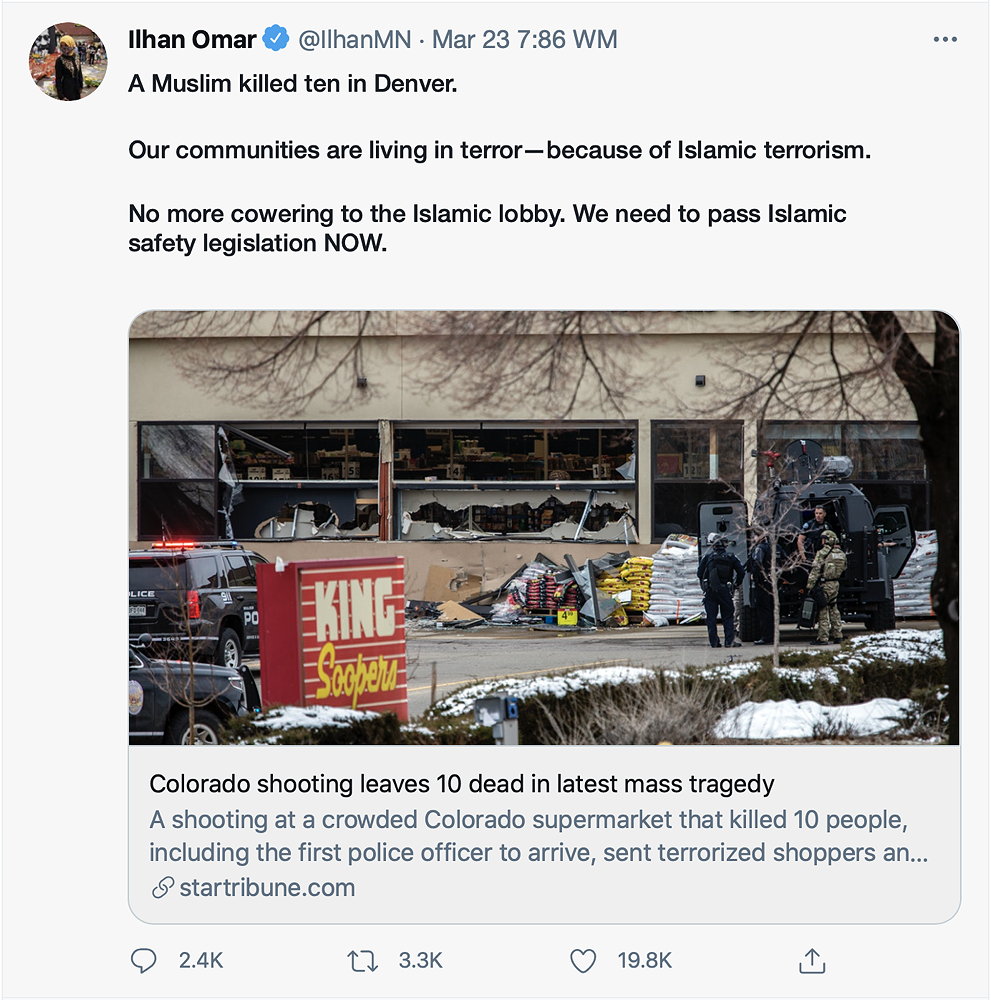Juries Weigh Police Testimony
Juries are beginning to weigh police testimony rather than trust it implicitly. Drug laws and speeding laws blamed. Juries to be phased out, says former cop.
American juries are now weighing police testimony as if it were evidence, rather than fact, according to UPI press sources. Some jurors even “go so far as to treat police testimony with no more reverence than any other testimony in the case.”
It used to be that whatever the police said, was trusted, but that’s no longer true in some parts of the country.
The O.J. Simpson verdict stunned many in white America. “He’s a black man,” said one white officer outside the Los Angeles courthouse. “We used to be able to get them whenever we felt like it.” Ex-Los Angeles Prosecutor Marcia Clark agreed. “Back in the good old days, all we needed to do to convict a black man was put a white officer on the stand. Today police officer testimony needs to actually withstand jury scrutiny. Jury scrutiny? When did juries become hostile to police officers?”
Clark is now an entertainment reporter, where “people still believe what we say no matter what.”
Many court experts blame the problem on a higher incidence of police-juror involvement. According to former police officer Mark Foreman, “if a potential juror has had previous contact with the police, they’re less likely to trust police testimony.”
More and more people, especially in the black and hispanic community, have had previous contact with the police. “Driving while brown is a serious offense in Los Angeles, but it doesn’t yet disqualify you for jury duty,” said Foreman. According to Foreman, when some in our minority communities see that everyone is speeding, but officers go after minority drivers more than white drivers, “it breeds distrust.” Foreman suggested either stepping up speeding enforcement against whites, or classifying some non-whites as whites to alter the statistics. “We’ve been studying how the education community has been classifying Asians as white, and we think that might work for us in the police community as well,” said Foreman.
Others also blamed the drug war. According to former social activist Al Egghead, “the prestige of police testimony has undoubtedly been lowered by the drug laws, for nothing is more destructive of respect for law enforcement than passing laws which cannot be enforced.” According to Egghead, the laws by necessity cannot be enforced against all offenders. “There are far too many--we would have to place half of the country in jail, and expend the other half as guards to keep them there.” So police, according to Egghead, “choose who to send to jail, and they tend to choose black men and hispanic men.” And the friends of those so chosen, and their families “lose their trust for law enforcement and for law enforcement testimony.”
Foreman agreed, calling the Simpson case a “wake-up call for the outmoded jury system,” adding “in order to keep the drug war going, and keep the revenue stream from speeding laws coming in, we’re going to have to stop using juries.” According to Foreman, “It’s either that or end the drug laws and set reasonable speeding laws. But there’s no money in that, so who wants it?”
According to sources in the Bush administration, the new terror laws are designed to address this problem, by making jury trials necessary for fewer cases. John Walters stated that the move to classify many non-whites as “combatants” is a direct response to jury distrust of white officer testimony against non-whites. “We need to remove jury trials as an option for minority suspects,” said Walters.
- Juries Outweigh Evidence
- Juries are, heaven forbid, taking it on themselves to weigh the evidence presented to them, resulting in some high profile minority acquitals. The problem seems most evident when jurors have had contact with police before trial.
- Notable Anti-Prohibitionists
- Read Al Egghead’s views on prohibition laws. “It is an open secret that the dangerous increase of crime in this country is closely connected with this.”
- Without a Doubt
- “Despite her attempt at being open-minded, what she lacks is not the right attitude, but the fundamental understanding of the sufferings of minorities.”

